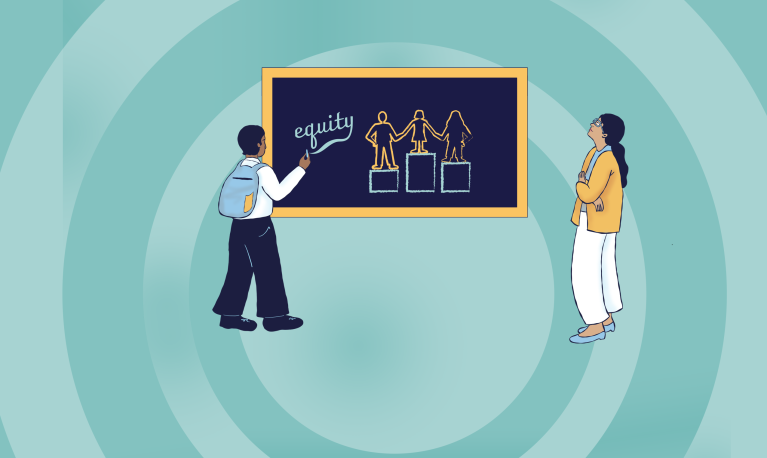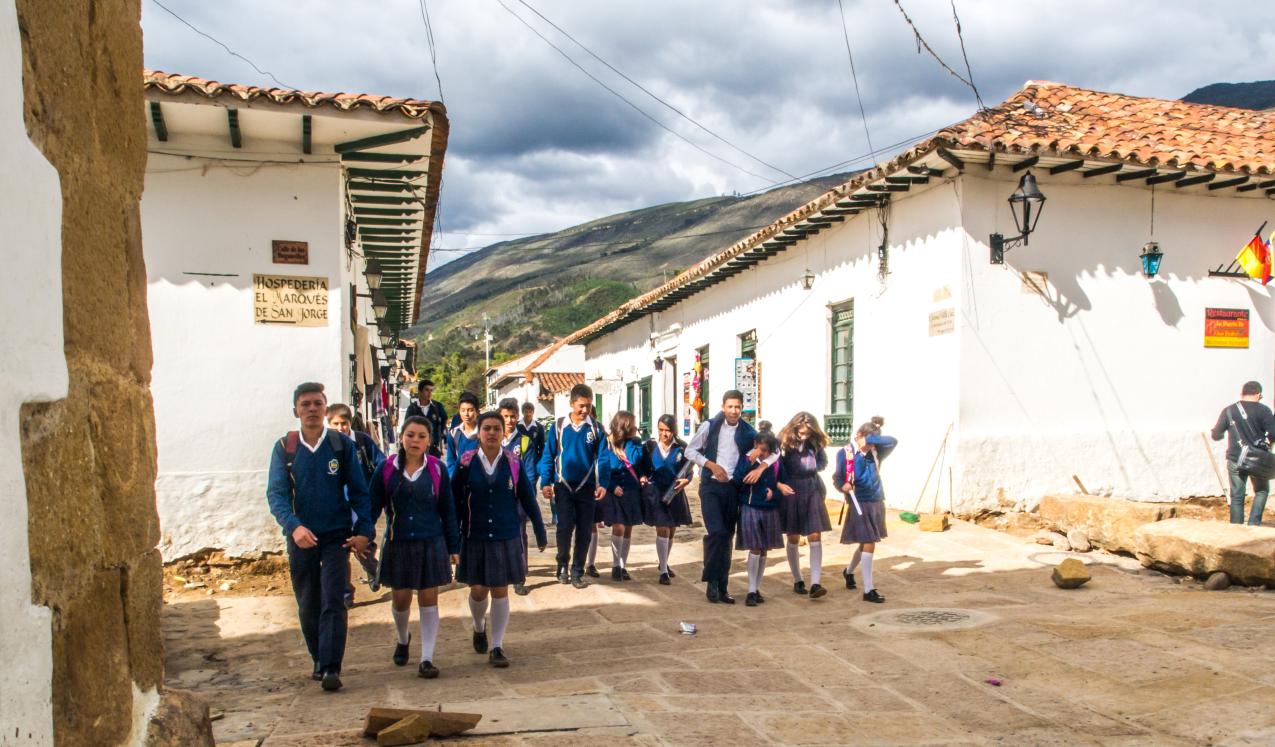
These two ALIGN-funded partner reports examine teacher training in gender equity and education practices in Colombia and Chile, highlighting both progress and persistent challenges in integrating gender-sensitive approaches into education.
The Colombian report, When you educate, you question and take risks, written by Universidad de los Andes, focuses on how teachers navigate the sociopolitical landscape to promote gender equity in education, based on research in Bogotá, Medellín, and Barranquilla. Despite significant legal advancements and active social movements advocating for gender equity, there is growing resistance, which sometimes includes violence. Teachers are at the forefront of this effort, creating innovative strategies to challenge traditional norms while often risking personal safety. The report emphasises the value of building on teachers’ existing practices and knowledge, recommending tailored support from universities, the Ministry of Education, and civil society to strengthen their efforts.
The Chilean report, Teacher education and training on gender, masculinities, and non-sexist education, explores the integration of GEMENS (gender, masculinities, and non-sexist education) topics into teacher training. Although Chile has seen an increase in relevant legislation and teacher training initiatives, a majority of teachers report insufficient exposure to these themes. Teachers who have received GEMENS training express confidence in its value, noting its impact on their ability to incorporate these principles into their practices and promote broader cultural shifts toward equity. However, challenges such as traditionalist school cultures, resistance from families, and limited time for implementation hinder progress. The report calls for a comprehensive national policy to systematically embed GEMENS in teacher training programmes, which would significantly enhance educators' capacity to foster an inclusive society.
Both reports underscore the transformative potential of gender-focused teacher education while highlighting the structural and cultural barriers educators face. They advocate for stronger institutional frameworks and targeted support to empower teachers as agents of change in advancing equity in their societies.
Below you will find each of the reports and executive summaries.
Report
20 November 2024
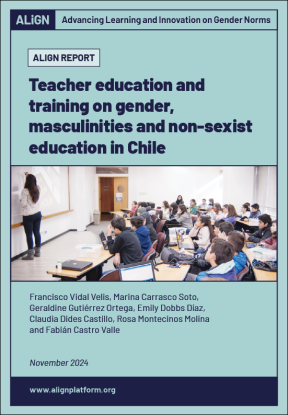
Report
13 November 2024
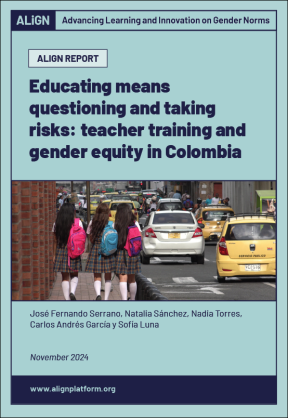
Related resources
2 November 2020
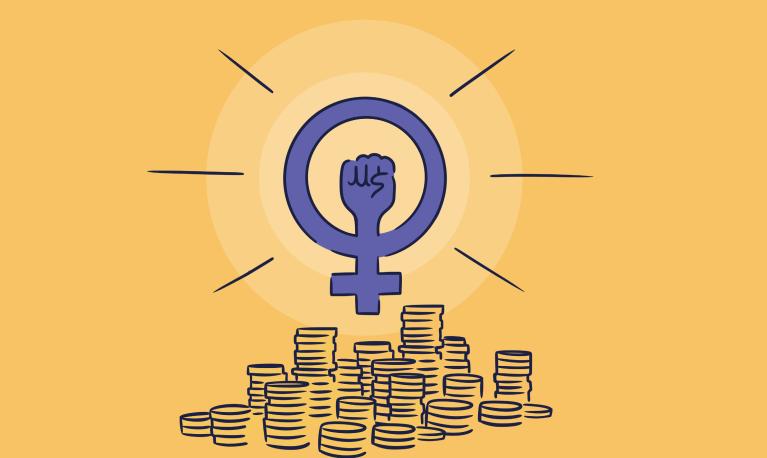
ALIGN's micro-grant scheme provides small funding grants to individuals and organisations with the aim of generating new research, synthesis and brokering to better understand various aspects of…
Report
14 April 2025
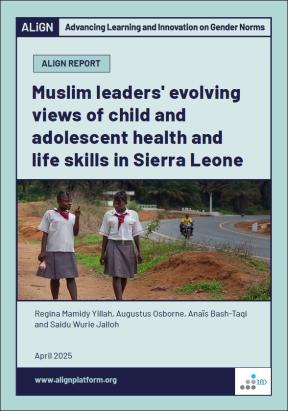
Report
26 March 2025
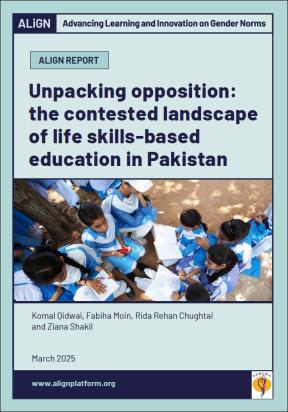
Blog
19 December 2024
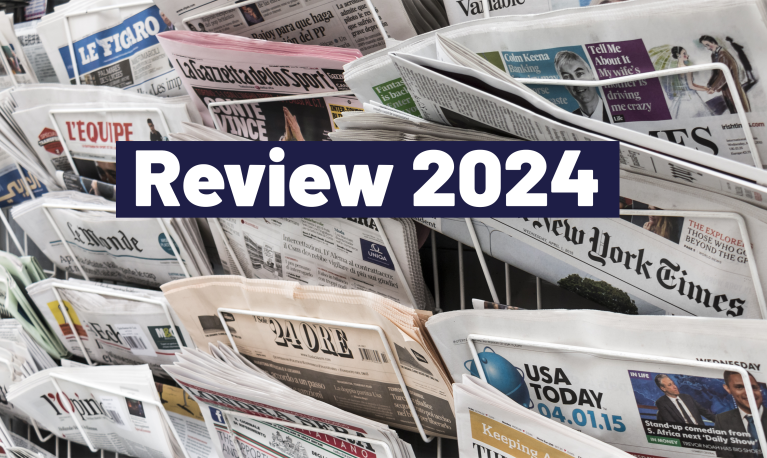
Blog
5 December 2024
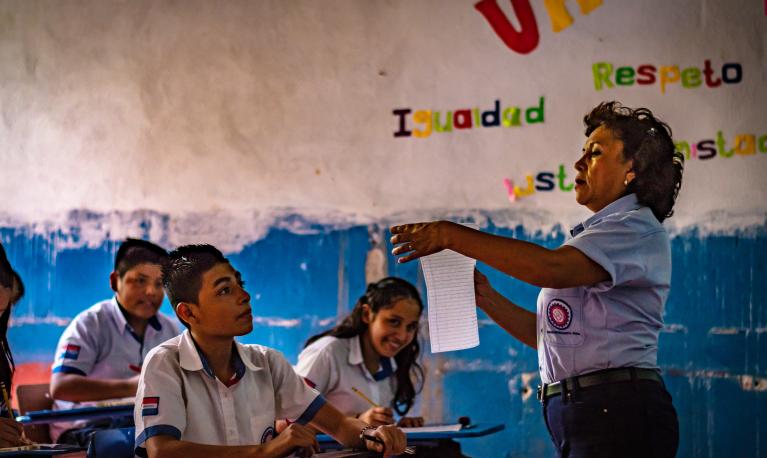
Report
13 November 2024
